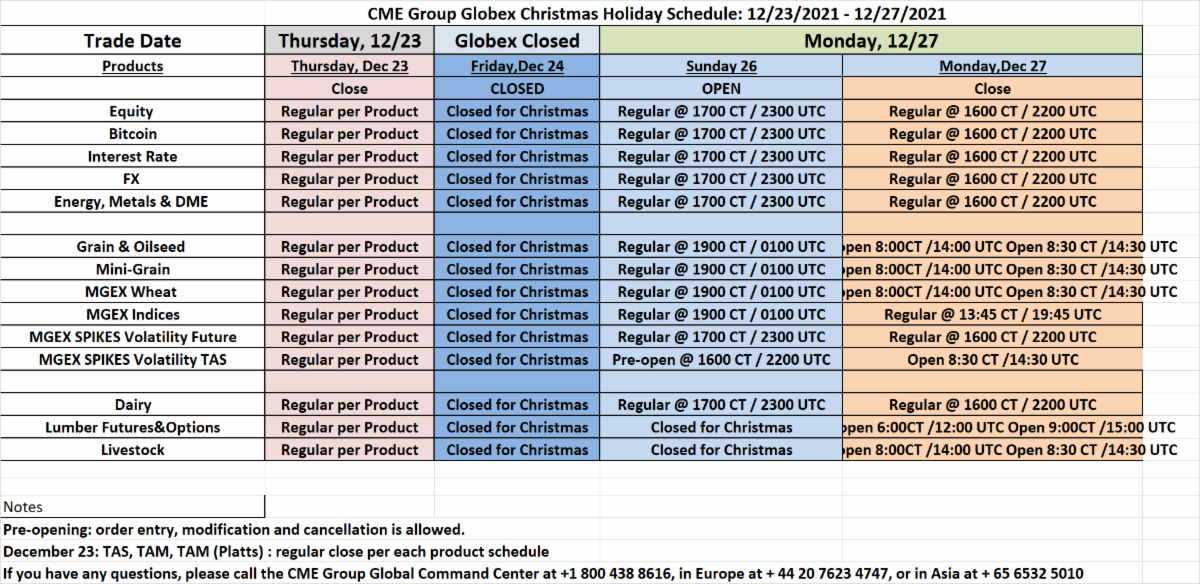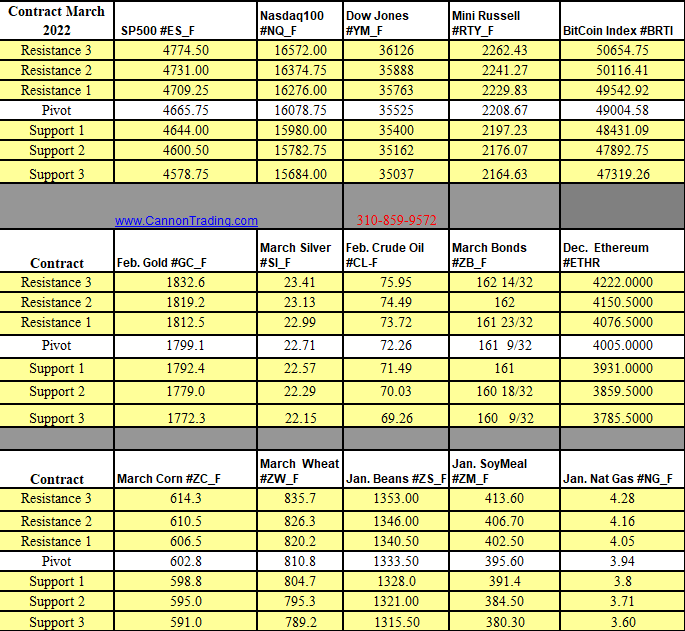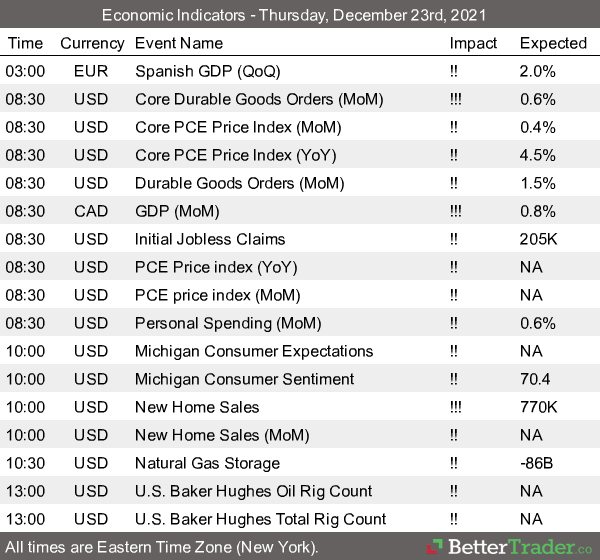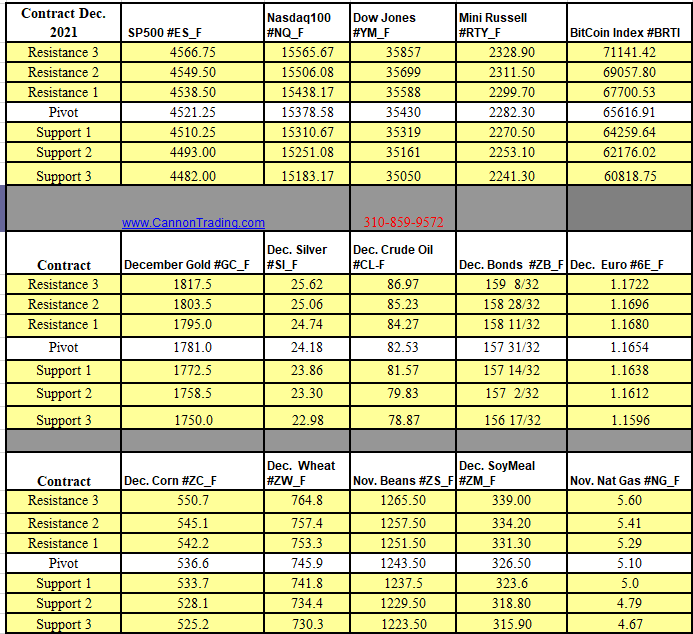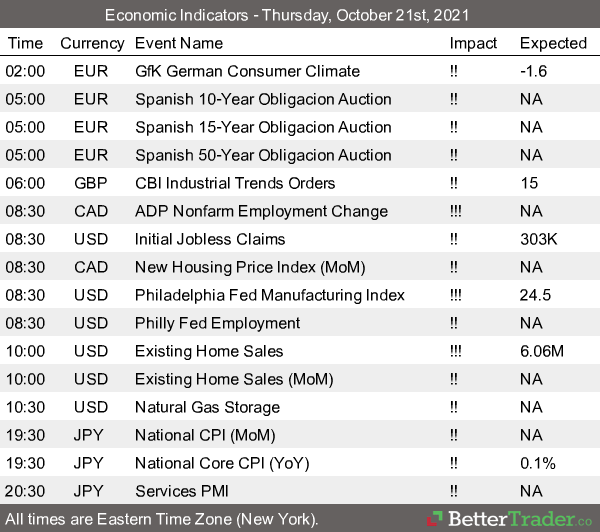10 Key Questions on Measuring Your Trading Progress, Success
At some point in nearly everyone’s trading timelines, they wonder how their trading successes (or failures) compare with those of other traders. Wondering just how well you stack up to other traders in the industry is a natural curiosity and a human psychological tendency. However, actually knowing the success or failure rates of others doesn’t do a lot to move you farther down the road of where you want to be regarding trading success. Futures Commodities Brokers can help you succeed.
Most traders also wonder about the success rates of the “professional” traders—the ones who make their living solely by the profits they generate from trading. I will provide you with an answer to this question at the end of this feature.
Below are 10 questions regarding measuring your own trading progress and success. These questions should help you determine where you stand in this challenging field of endeavor.
1. What is trading “success?” This is a most basic question. Most would agree that ultimate trading success is defined as being profitable at trading—making more money than you lose. There are other secondary factors that also define success in trading, such as finding a “balance” between trading and other life activities. But it’s being profitable at trading that is the benchmark of defining success.
2. What is trading “progress?” Beginning traders should not expect to have immediate and ultimate success trading futures, stocks or FOREX markets. What they can expect in the early going is to make steady progress through gaining knowledge and experience. Even veteran successful traders continue to make trading progress. Achieving and maintaining trading success requires continual progress—namely continuing to seek out trading and market knowledge. Traders who truly enjoy the “progress” and process of trading do have a significant trading edge over those who do not enjoy learning and gaining experience.
3. At what point in my trading timeline should I expect trading “success?” Trading success (winning trades) can come right away—even for the beginning traders. What is less likely for the inexperienced traders is sustained trading success. Beginners can even run into a “hot streak” that skews the overall reality of trading. Immediate (and likely fleeting) success for a beginning futures trader can do longer-term psychological harm—if he or she does not fully recognize and understand the hard work and perseverance required on the road to trading success. Many times I get questions from less-experienced traders that go something like this: “I’ve been trading two years and I’ve only been able to about break even.” My reply to them is, “Hey, you should not be too discouraged with those results. Many traders don’t have that kind of success in the early going.”
4. How long will it take to go from being a less-experienced trader to an experienced and hopefully successful trader? Determining a precise timeline at which trading success will arrive will vary greatly among traders. Some beginning traders will spend nearly full time coming up to speed. Others may spend an hour or two a week on the subject. There is no right answer on how much time to spend studying trading and markets. I have many readers who are taking up trading in retirement. I have a few that have taken up trading over the age of 80 years. One is never too young or too old to learn about markets and trading. A general rule would be for a beginning trader not to expect sustained trading success within a few months. More likely is a timeframe of a few years to achieve sustained trading success. Now you see why money management is so important in futures trading. You have to survive before you can succeed!
5. When should I “throw in the towel” and admit that trading is not for me? There is no one right answer to this question. If trading is making you miserable and creating other bad habits (kicking the dog), then it’s time to quit—or at least take an extended break. If you do not have the financial resources to trade futures, then you should not participate. Futures trading should be conducted only with money a trader can stand to lose, without impacting other more important obligations, such as grocery and rent money. It is important to point out that the beginning futures traders who “flame out” first are usually the ones who did not have the financial resources to trade futures in the first place.
6. Am I still hungry for trading and market knowledge? One should never stop endeavoring to gain more knowledge about markets and trading. Even the successful veterans who’ve been in the business for many, many years will say that they are still learning on a daily basis. If you are still striving to learn more about this business–and are enjoying doing it–then that’s a positive signal.
7. How many trading losers should I absorb before I change my trading plan of action? This is a real tough one to answer. Again, there is no single right answer. However, if you believe you have a well-founded and thoroughly researched trading plan of action, don’t abandon it just because you are on a losing streak. All traders have winning and losing streaks. That’s a part of trading. Traders enjoy the winning streaks and do not enjoy the losing streaks. But during the losing streaks they forge ahead, knowing that their plan of action is still solid. Trading plans can certainly be tweaked, such as trading fewer contracts or trading less frequently during a losing streak. For most traders, a complete overhaul of one’s trading plan is probably a last resort that merits much consideration. Futures Commodities Brokers has seen it happen before.
8. How can I keep myself motivated on the winding road to trading success? Traders who enjoy the entire process of trading don’t really need a lot of motivational help because they are already fascinated by what they are reading and learning. But during a losing streak or some other “dry spell” in trading—when morale can slip—it is prudent to read some trading books that are based less on specific methodologies and more on trading psychology. Attending trading seminars is a great way for a trader to become reinvigorated. (And it’s also a great value to those already invigorated!) You not only will gain fresh trading and market knowledge, but you also will get to see and speak with the seminar lecturers as well as traders who are in the same position as you.
9. How much should I listen to other traders when trying to evaluate my own trading progress or my own trading plan? It is good to have a trading partner or “buddies” with whom to share your ideas and to discuss markets and trading. The learning curve improves when a trader has another trader or traders with similar experience with whom to share ideas. It is also beneficial to have an experienced mentor to help guide you through the “rough waters” that all traders experience at times. But at some point, most traders do want to be more or less autonomous in their decision-making. As many traders gain more experience, knowledge and confidence, they will use outside influences as “second opinions” to reinforce or provide another angle to their own sound opinions. Many traders also have full-time “day jobs” and need outside sources to help save them time and to keep track of what’s going on in all the markets.
10. What is the average success rate of the “professional” trader? I have not seen any “official” studies of the percentage of winning trades of the average professional trader. However, it is generally agreed upon by many in our industry that the better professional traders have a winning percentage of around 4 out of every10 trades—or a 40% winning percentage. Breaking this down even further, it is estimated that half of the winning trades are only small winners and not much better than break-even. Thus, it can be loosely extrapolated that most of the professional futures traders make most of their money on one or two trades out of every 10. This only underscores the importance of sound money management in futures trading—namely cutting losses short and letting winners run. Understanding the future of the trading industry is easy when you learn with Futures Commodities Brokers.
That’s it for now. Next time, we’ll examine another important issue on your road to trading success.
Jim Wyckoff is the proprietor of the analytical, educational and trading advisory service, “Jim Wyckoff on the Markets.” He has a website at
www.jimwyckoff.com
